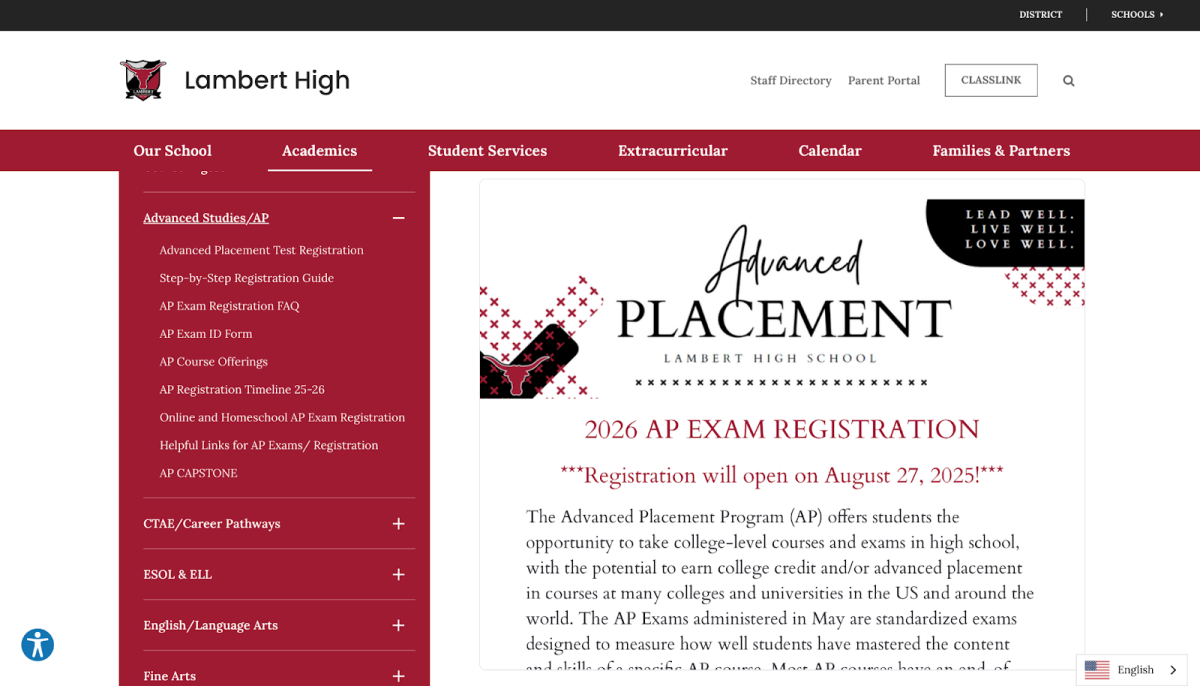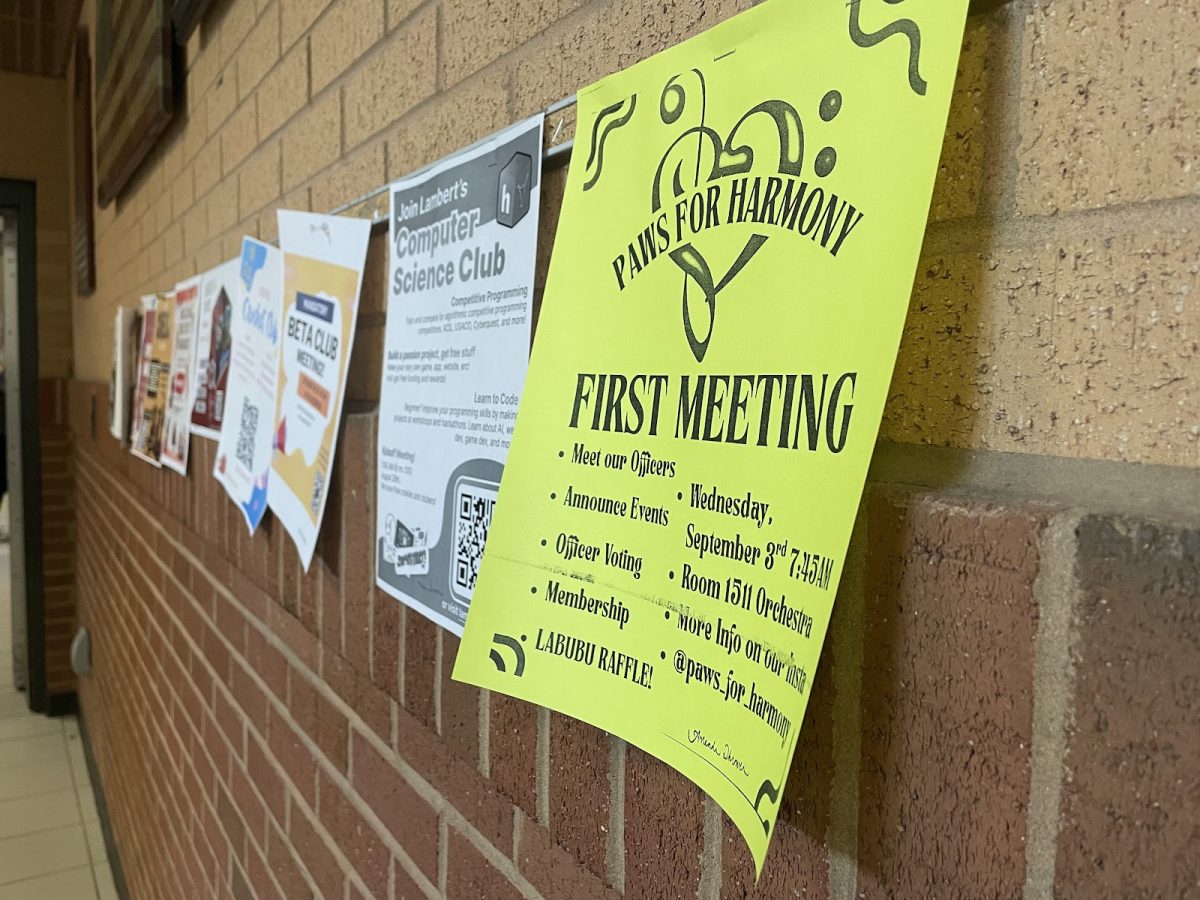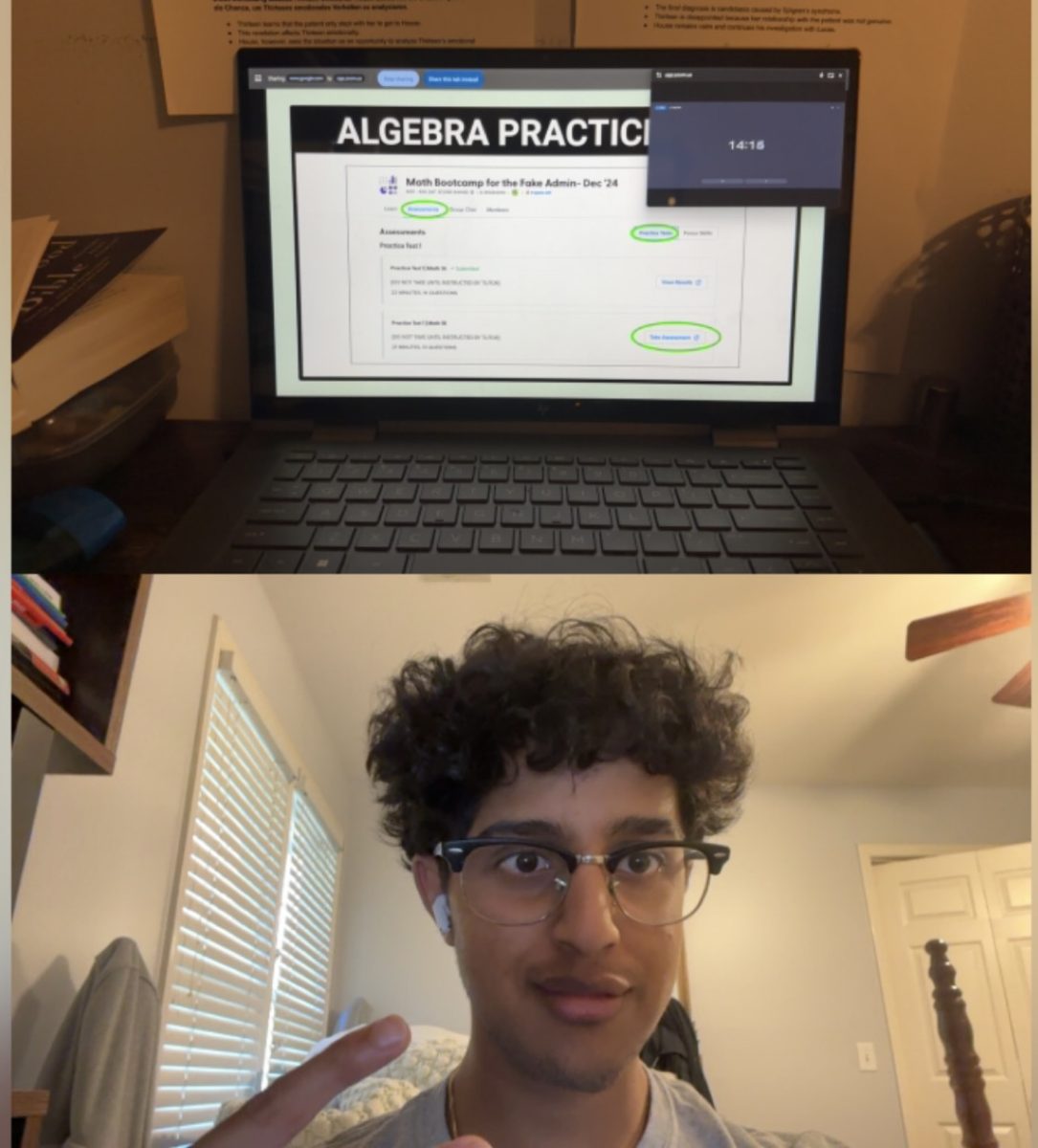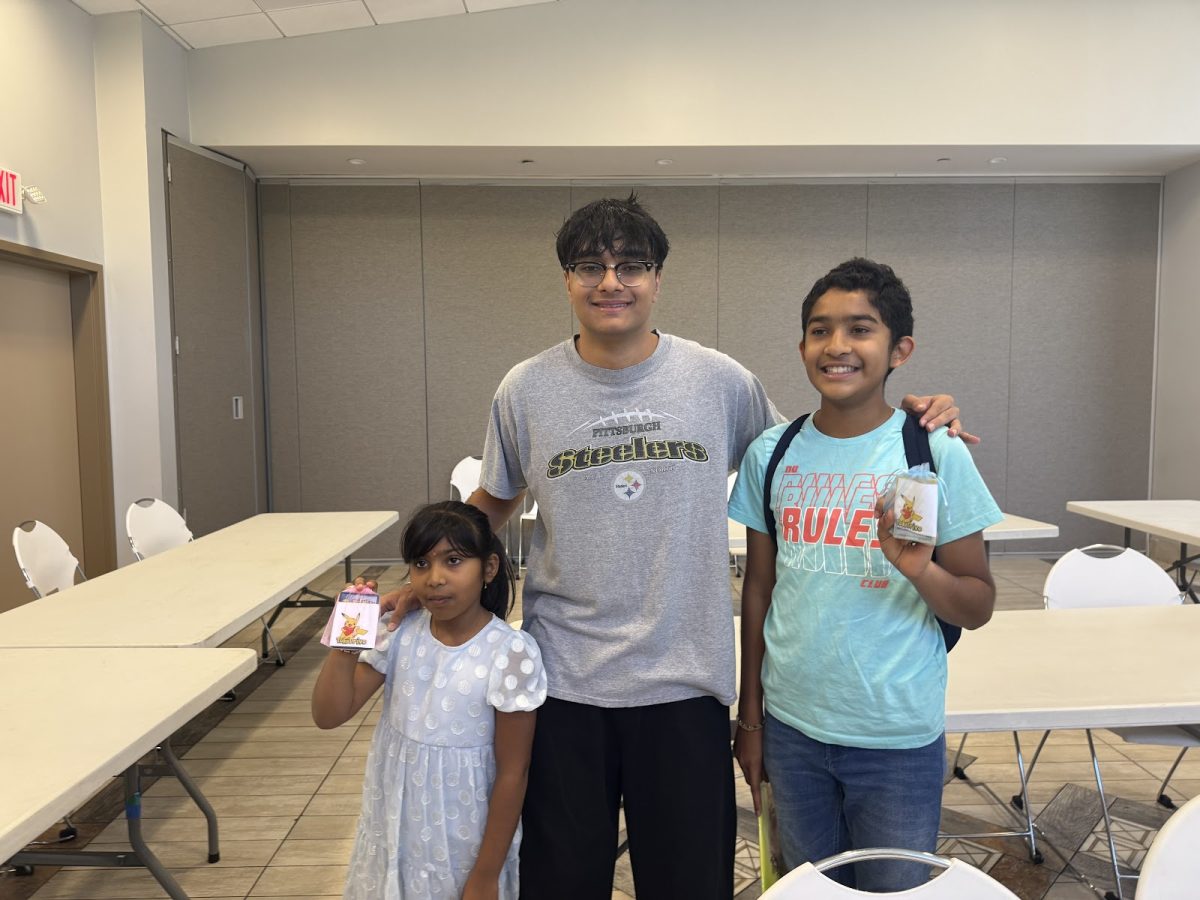
Most students at Lambert have used an artificial intelligence chatbot to check their answers or get explanations on a certain topic. This is true not only for Lambert but for high school students across the country. Freshman Jaanvi Vitkar uses the chatbot, ChatGPT at least two to three times a week to study or solve problems.
“Sometimes, if I’m really stressed, I’ll use it to find the answers,” she explained. “I usually check the AI with my textbooks before I put down the answer and it’s usually 90% accurate.”
There has been an increased use of chatbots, especially after the development of ChatGPT. While most educators believe that chatbots are not beneficial, research shows that chatbots with personalized learning styles can actually help students learn.
The personalized learning program allows the chatbot to adapt to a student’s learning style, and tools like Duolingo’s Chatbot use the program to allow students to practice conversations. A study done on Oscar, an AI used as an example during the study, shows that these chatbots produce 12% more correct answers than chatbots that lack the program. According to Interacting with Educational Chatbots: A Systematic Review, chatbots with personalized learning can make activity recommendations based on the student, and they can find and evaluate a student’s weaknesses. Personalized learning is just an aspect of the program. Chatbots can create experiential learning, collaborative learning and affective learning, which means the AI gives feedback to the student.
However, there are limitations to this technology, like the chatbot having inadequate dataset training or lack of feedback, and big companies, like Duolingo, are using these chatbots to replace human jobs.
Integrating the program into classroom education has become a possibility, though students like Vitkar would like this technology kept away from their classroom education, partly due to accuracy problems that can occur.
“If you actually want to learn the steps to something,” Vitkar said. “Then you shouldn’t use it. If you’re stressed, you can still use AI because it is accurate most of the time, as long as you check it with the textbooks.”
While integrating chatbots into everyday learning may be difficult, using these AI programs as a source to study or as a means of practice is a way students can use AI in a responsible manner.














